Nasrallah: Israel signed maritime deal with Lebanon to escape war with resistance
The head of Lebanon’s Hezbollah resistance movement has attributed the Israeli regime's recent inking of a maritime deal with Beirut to Tel Aviv's fear of engaging in another conflict with his movement.
The resistance had threatened not to allow extraction of gas from the disputed Karish natural gas field in Eastern Mediterranean before conclusion of an agreement that would meet Beirut's demands, said Hezbollah’s Secretary-General Sayyed Hassan Nasrallah during a speech on Saturday.
Emphasizing that the resistance's threats confronted the Zionist regime with the prospect of a conflict with the movement and even a regional war, Nasrallah added, "It was [only] after the American and Israeli sides realized that the resistance was serious about what it says and witnessed [the resistance's] drones over Karish, that the agreement came about."
The remarks came two days after the Lebanese government and the Israeli regime separately signed a US-brokered deal that demarcated the maritime border in the Mediterranean Sea even though the two sides remain technically at war.
‘West Bank resistance played a role’
Nasrallah further credited persisting Palestinian resistance efforts across the occupied West Bank for reaching the agreement, pointing out that half of the regime’s occupation army has been deployed to the West Bank and is therefore unable to engage in war with Lebanon.
The Hezbollah chief, meanwhile, underlined that the occupying regime was not prepared to engage in another war due to its domestic troubles as well as facing another uprising by native Palestinians in the occupied West Bank.
Nasrallah further pointed out that even the US envoy for energy affairs, Amos Hochstein, who mediated the accord, had to acknowledge that it was "fear of war" that prompted Tel Aviv to agree to the deal.
He also noted that the Zionist regime is well aware of its borderlines from Nile to Euphrates but has always ignored them since it believes that its soldiers and military might will determine its borders.
The Hezbollah movement was established following the 1982 Israeli invasion and occupation of southern Lebanon. Since then, the popular resistance group has grown into a powerful military force.
The resistance group thwarted two Israeli wars of aggression against Lebanon in 2000 and 2006, forcing a humiliating retreat upon the Tel Aviv regime’s military on both occasions.
The movement has vowed to decisively defend Lebanon in case of any future Israeli-imposed aggression.
'Great victory'
The revered resistance leader also expressed satisfaction that Lebanon had achieved whatever it had desired in negotiating the agreement, hailing it as a “historic victory.”
"Lebanon had insisted on gaining access to all the maritime blocks that exist in its own special territory, and [eventually secured] complete access to all of them," Nasrallah said, noting that the deal marked a "great and historic victory" for the people of Lebanon as well as the resistance movement.
He, however, pointed to an exception, namely the status quo of a 2.5 square kilometers (0.9 square miles) of remaining maritime expanse, whose final status was yet to be determined.
Hezbollah considers the remaining territory to be occupied waters, which have to be freed from Tel Aviv's occupation, Nasrallah added.
'Iran enemies in despair'
Elsewhere in his remarks, the Hezbollah chief pointed to the monumental demonstrations that took place earlier on Saturday following a terrorist attack on the southeastern Iranian city of Shiraz.
The tragedy saw an armed Daesh-affiliated terrorist storming Shah Cheragh -- a sacred and popular Shia shrine in the city – and shooting indiscriminately at pilgrims. Scores were martyred and injured during the assault.
The huge processions that came in the aftermath of the attack, Nasrallah noted, amounted to a "decisive message" to Iran's enemies that all their hostile efforts against the Islamic Republic would end in failure.
The rallies indicated "the Iranian people's support for the country's [Islamic] establishment, and spelled despair for all those who are contemplating malicious activities against the country," the Hezbollah chief stated.
Russian court orders Google to pay staggering fine of $20 decillion
Yemeni forces carried out five operations in Haifa, targeting six ships, in one year: Report
VIDEO | US-Israeli war on West Asia
Israeli war machine fails to penetrate Lebanon despite barbaric bombardment: Houthi
VIDEO | Is West's dominance over?
VIDEO | Five Syrians killed in Israeli airstrikes on al-Qusayr near Homs
VIDEO | South African resistance leaders reflect on ways to overcome Israeli aggression
VIDEO | Press TV's news headlines


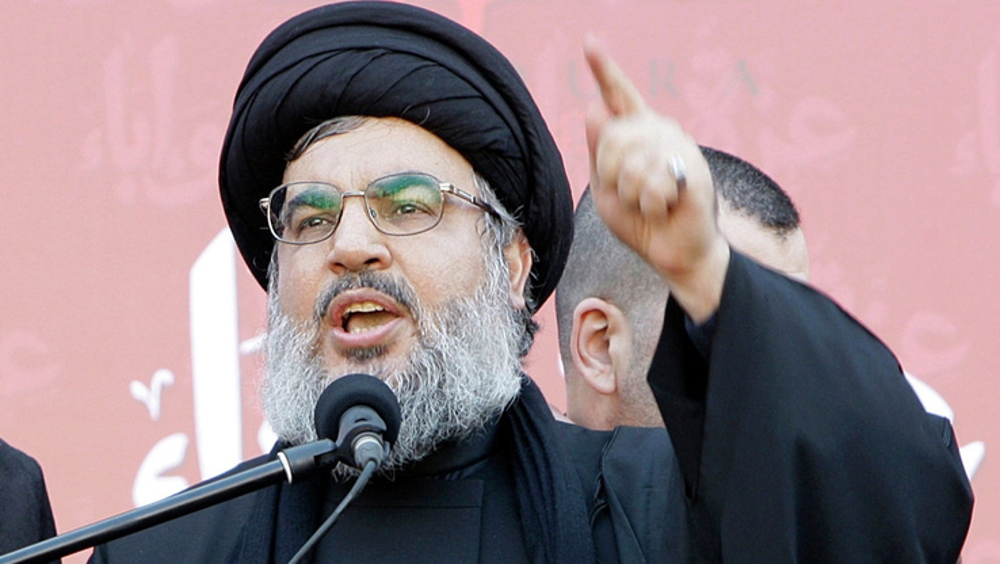
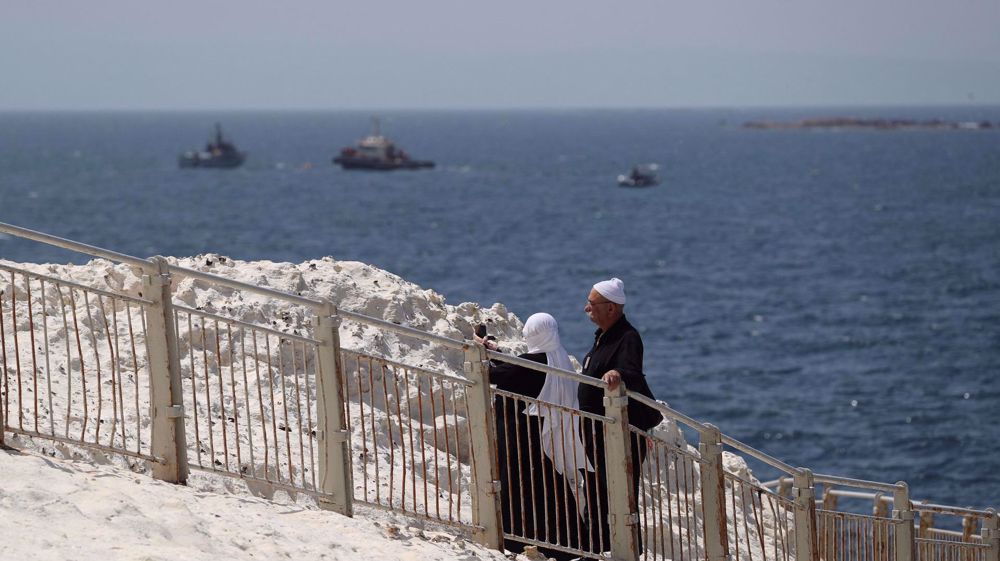
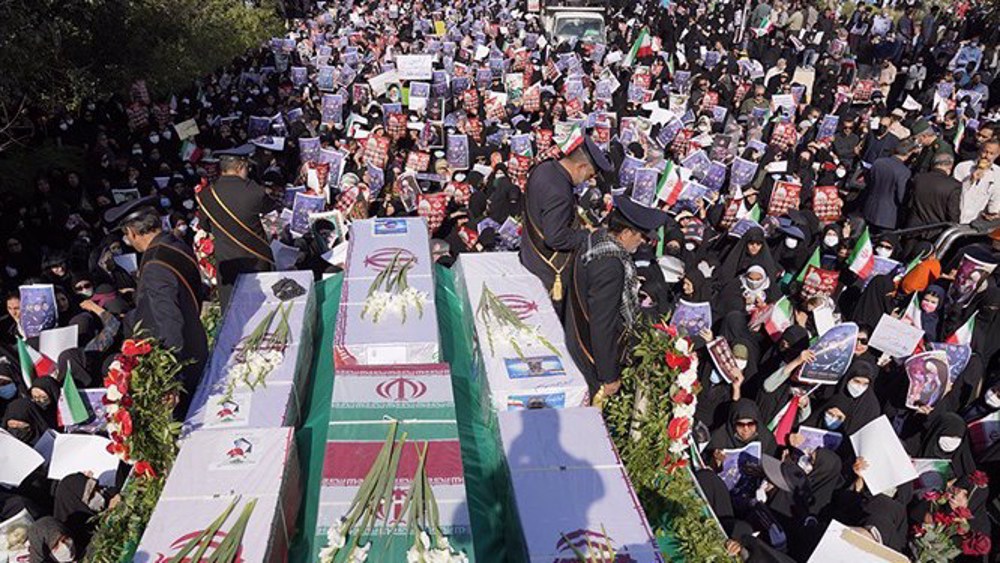
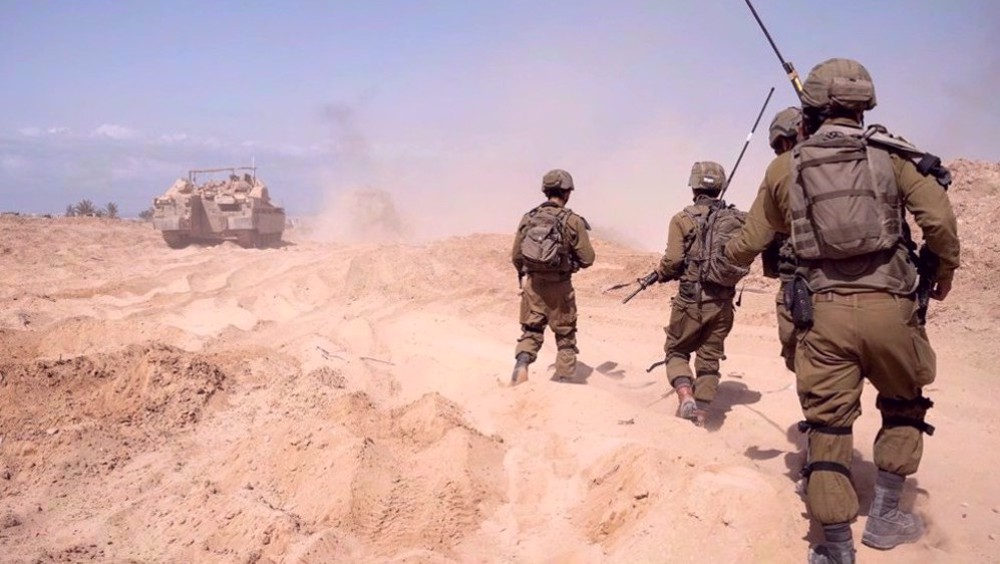

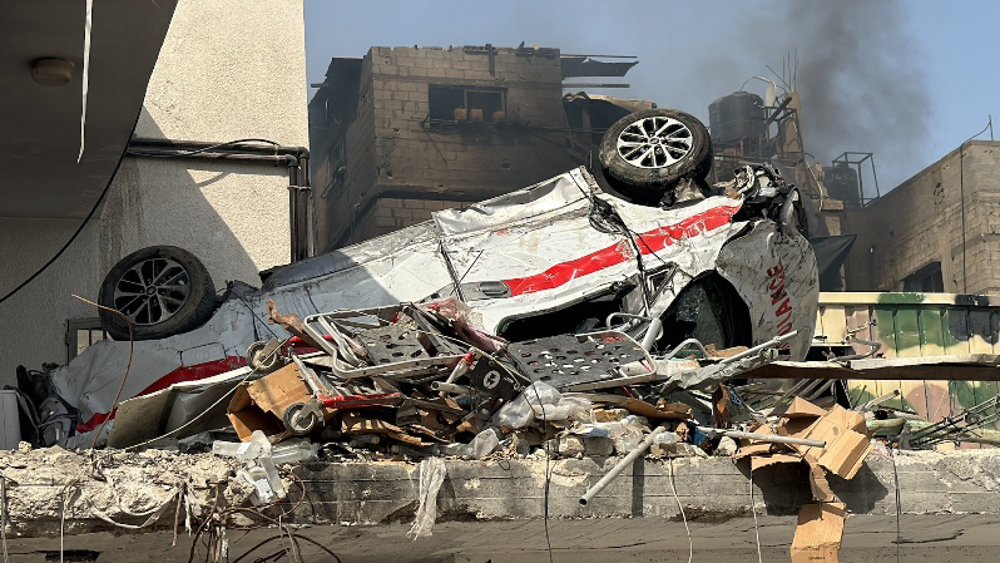



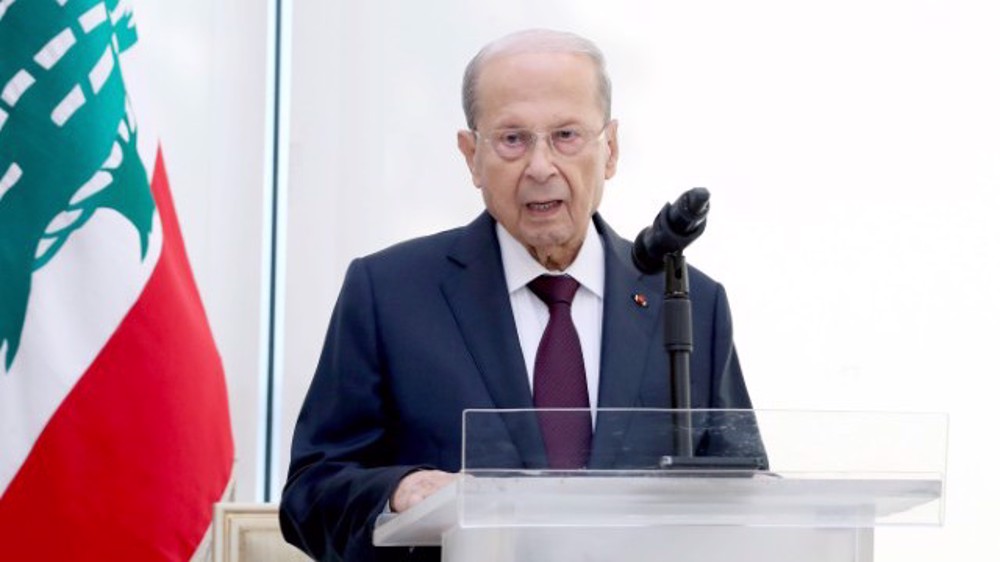
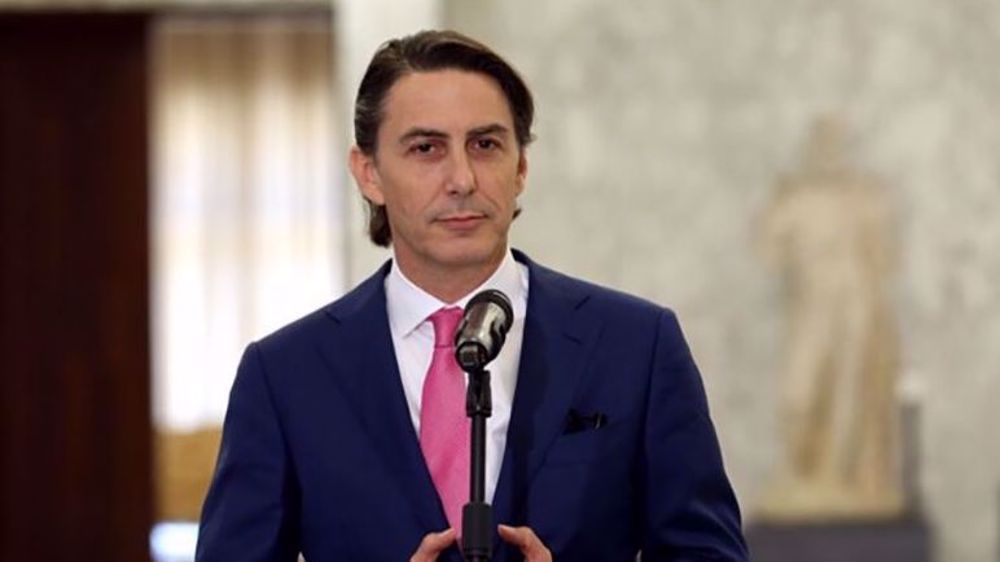
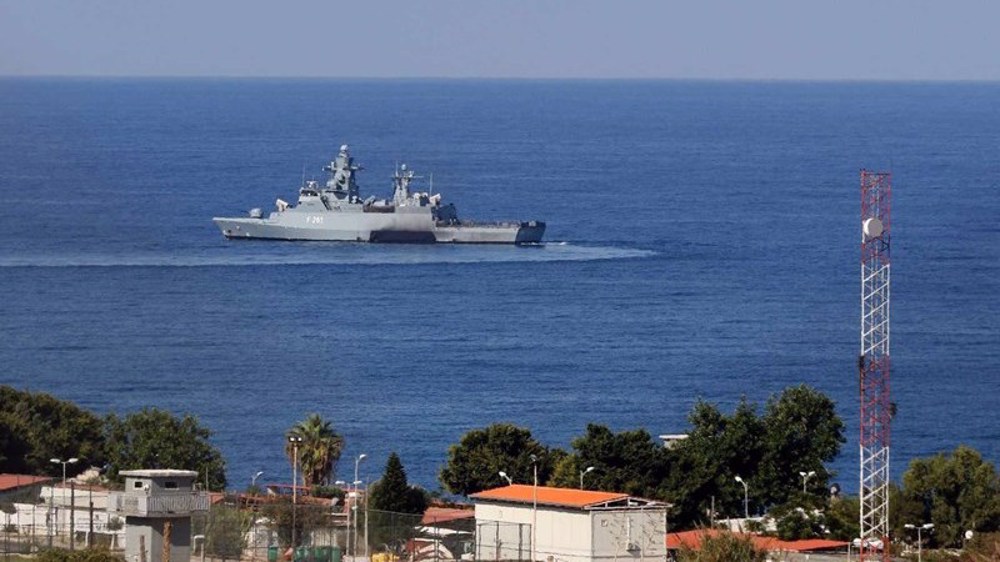

 This makes it easy to access the Press TV website
This makes it easy to access the Press TV website